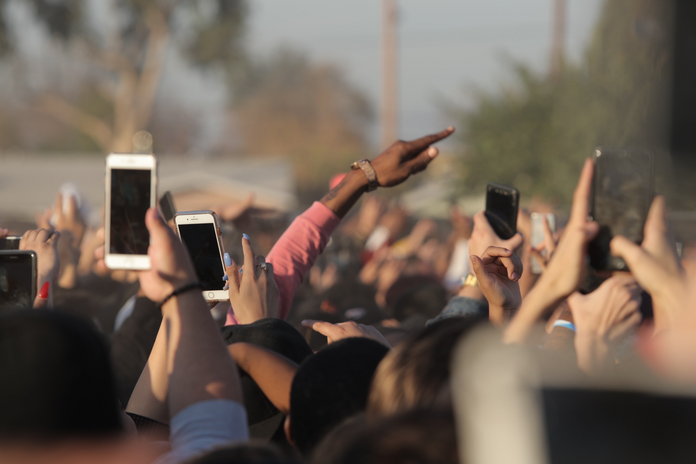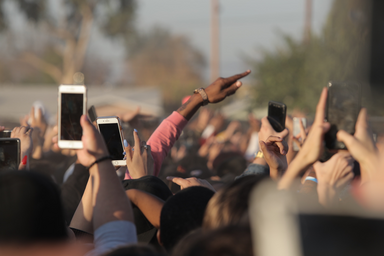A new study by Amnesty International analyzing the online abuse of women found 1.1 million million toxic tweets were sent to women in the US and the UK over the course of 2017. And women of color are more likely than white women to be receiving these toxic messages.
The study sorted through 288,000 tweets sent to 778 female politicians and journalists in 2017. Through the use of Element AI, the organization was able to extrapolate the data to apply it to female politicians and reporters more generally, where they found that that abusive or problematic tweets were being sent to women every 30 seconds.
“We found that, although abuse is targeted at women across the political spectrum, women of colour [sic] were much more likely to be impacted, and black women are disproportionately targeted. Twitter’s failure to crack down on this problem means it is contributing to the silencing of already marginalized voices,” the report said.
6,500+ volunteers signed up. Sorted through 228,000 tweets sent to 778 women politicians & journalists in UK & USA in 2017.
What did they find? 1.1 million toxic tweets were sent to women in the study across the year—one every 30 seconds on average. https://t.co/GUEO22C95j
— Amnesty International (@amnesty) December 18, 2018
While one in every fifteen tweets mentioning white women politicians and journalists were abusive or problematic, that figure shifted to one in every 10 tweets for black women. Women of color were generally 34% more likely than white women to be mentioned in such tweets.
In an interview with Bustle, Amnesty International’s senior advisor for tactical research Milena Marin said, “We’ve been doing public stunts, we’ve been doing research, we’ve been publishing experiences of women on the platform. Now we want to put out the numbers to back all the rest of our research — to give them further evidence, from our point of view, [of] how this is a problem.”
While abusive content generally violates Twitter’s guidelines, Twitter responded to this study by asking Amnesty International for “clarification on the definition of ‘problematic’ ‘in accordance with the need to protect free expression and ensure policies are clearly and narrowly drafted.’” Marin also told Bustle that research and studies like this will continue to be published until online platforms seek real change.


